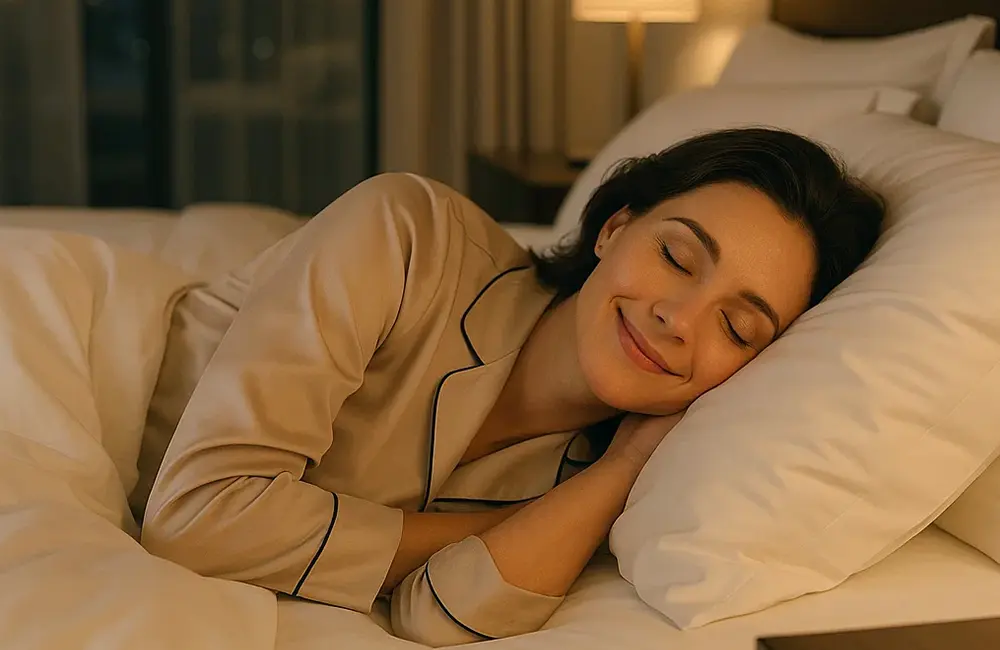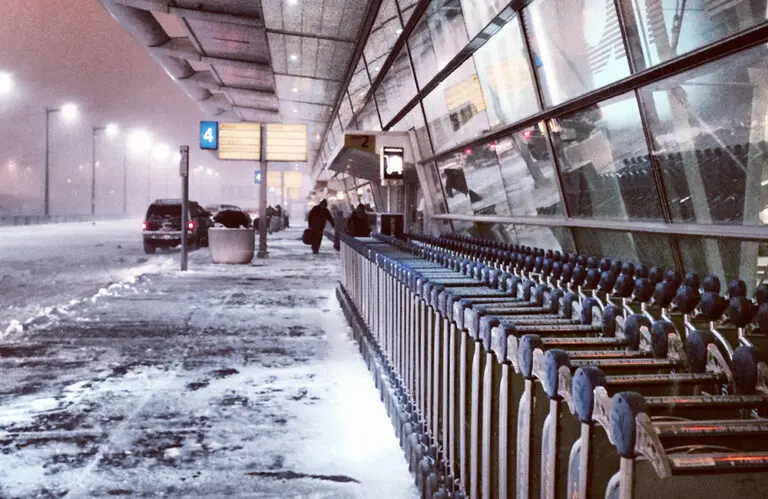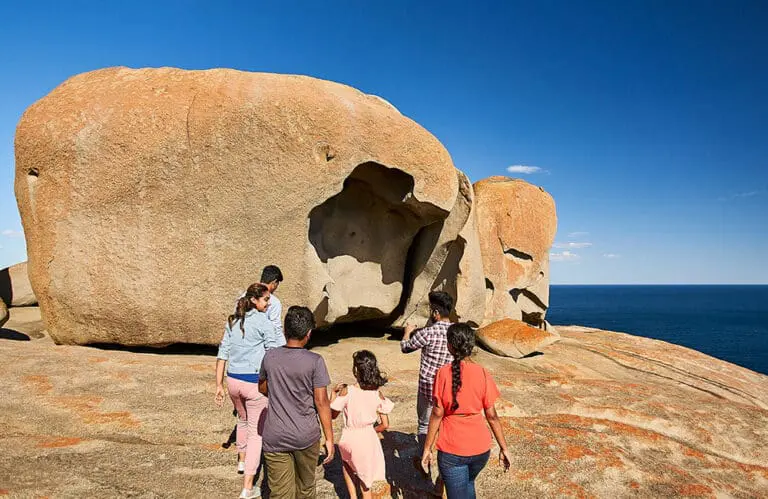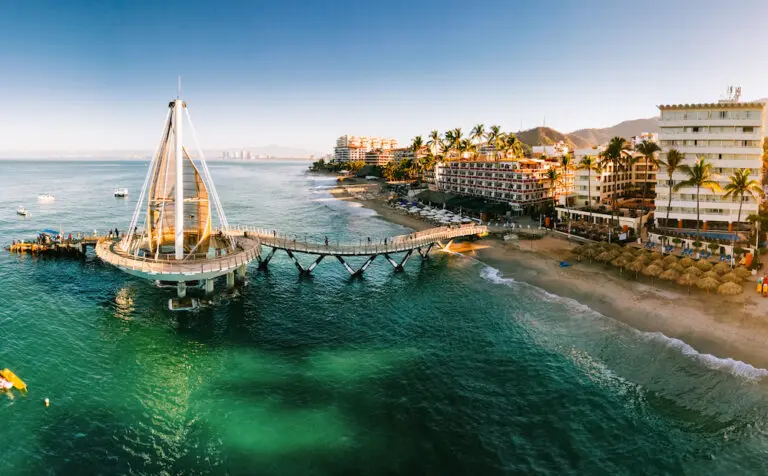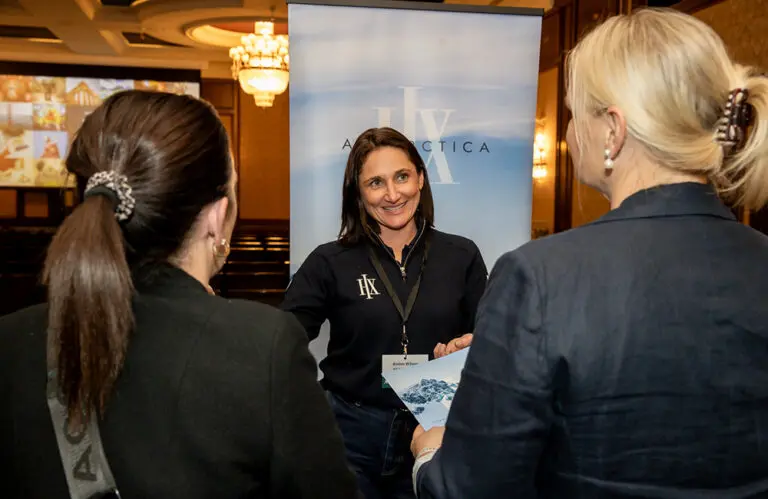A new study by AllClear reveals four Australian cities in the global top 20 for sleep tourism, with Brisbane ranking fourth and Auckland crowned the world’s top destination for rest and recharge.
Medical travel insurance provider AllClear analysed thousands of reviews from the top 10 hotels in 60 major city-break destinations, comparing three key factors: the number of sleep-related mentions, the quality of those mentions, and the average nightly cost of a hotel stay.
The results? Auckland and Wellington took first and second place globally, with Spain’s Granada coming in third, and Brisbane rounding out the top four.
Brisbane’s high sleep satisfaction scores and affordable accommodation prices helped it land an impressive “Great Sleep Value” score of 86.8 out of 100. It was joined by Sydney (18th), Perth (19th), and Melbourne (20th) on the list, highlighting Australia’s strong showing in the growing sleep tourism trend.
According to AllClear’s International Director Sarah Collinson, “some destinations go beyond offering a place to rest; they create a truly calming environment,” with quiet neighbourhoods and well-reviewed hotels playing a key role in restful city breaks.
What’s behind the rise of sleep tourism?
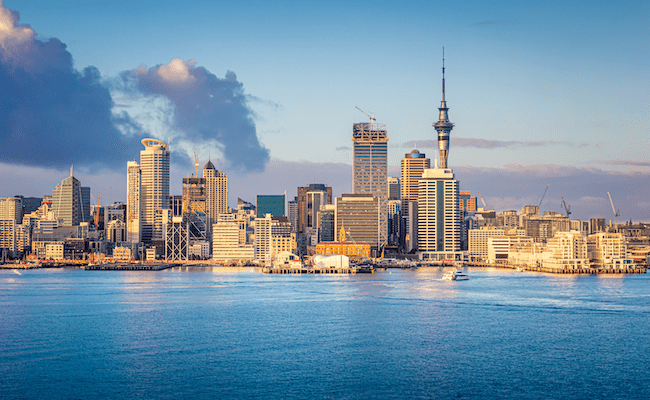
Sleep tourism is emerging as a niche but fast-growing segment in post-pandemic travel, particularly as wellness travel continues to gain traction. With travellers more mindful of their wellbeing, and the pressures of rising living costs, the study taps into a growing appetite for affordable ways to feel genuinely rested while on the road.
Auckland topped the rankings with an overall sleep value score of 92.3, bolstered by high satisfaction and strong cost-efficiency. Wellington followed closely at 88.1, offering a similarly strong sleep experience with low accommodation costs.
Europe also made a strong showing, with nine of the top 20 cities hailing from the continent, including Bruges (5th), Krakow (6th), and Valencia and Madrid sharing 8th position.
Which cities performed worst?
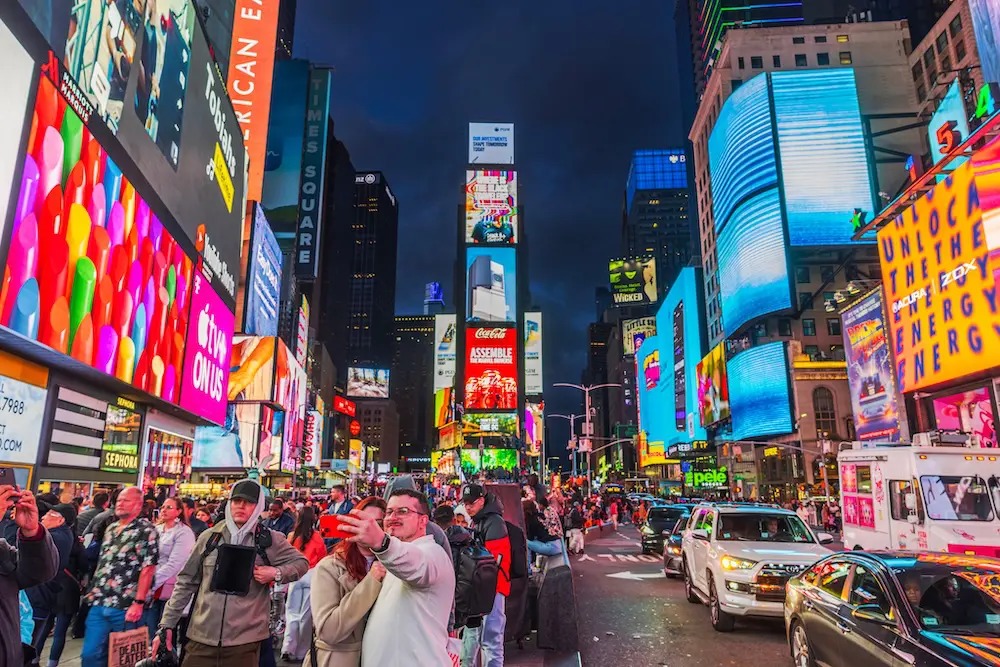
On the other end of the scale, several iconic destinations were flagged for low sleep value, often due to high hotel prices or poor sleep reviews. The USA dominated the bottom ten, with Sedona, San Diego, and New York taking the last three spots. Despite its nickname, “The City That Never Sleeps,” New York was penalised most heavily for cost, scoring zero in the affordability category.
Cities like Florence, Dubai, and London also appeared in the bottom tier, with nightlife, noise, and high hotel rates impacting travellers’ sleep satisfaction.
Where does this leave Aussie travellers?
For Aussies planning city breaks in 2025 and beyond, the report offers an unexpected but welcome insight: some of the world’s best—and most affordable—sleep experiences can be found close to home. The inclusion of all four major capital cities in the top 20 is a strong endorsement of the country’s accommodation quality and city planning.
As Collinson notes, while sleep is often overlooked when planning a trip, it’s critical, especially for travellers managing medical conditions. Travel insurance plays a role, too, ensuring peace of mind alongside restful nights.
KARRYON UNPACKS: Sleep tourism is on the rise, and Brisbane’s top-tier global ranking offers a fresh angle for wellness-focused marketing and trip curation. With travellers prioritising rest and value, Aussie cities are well placed to tap into this emerging demand. AllClear’s data-backed insights give travel pros a new lens to recommend destinations that go beyond buzz and deliver genuine rejuvenation.


